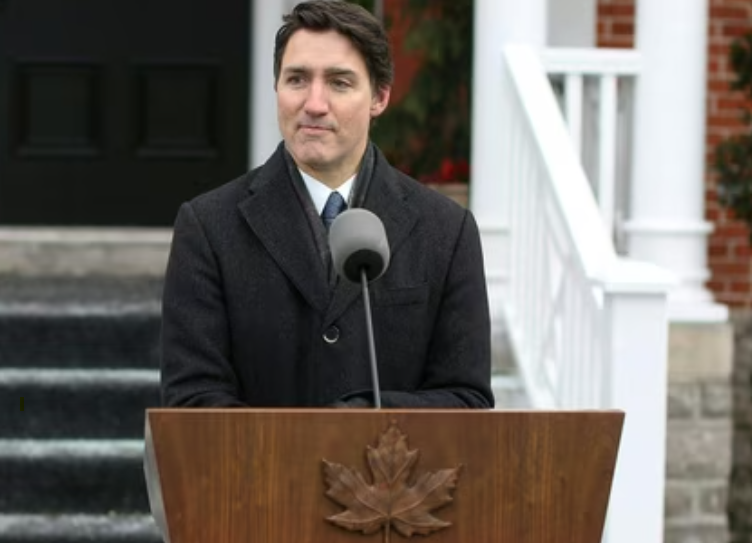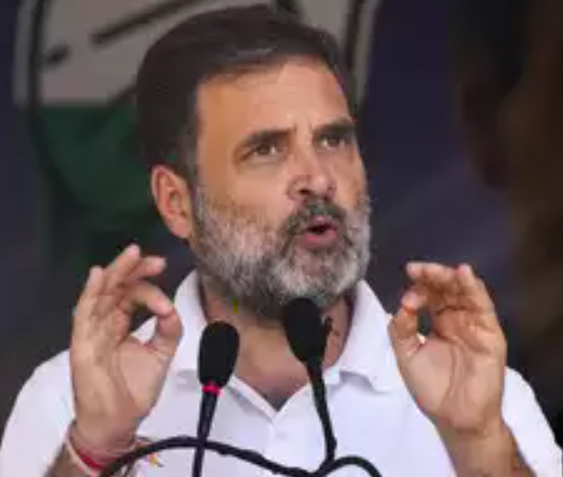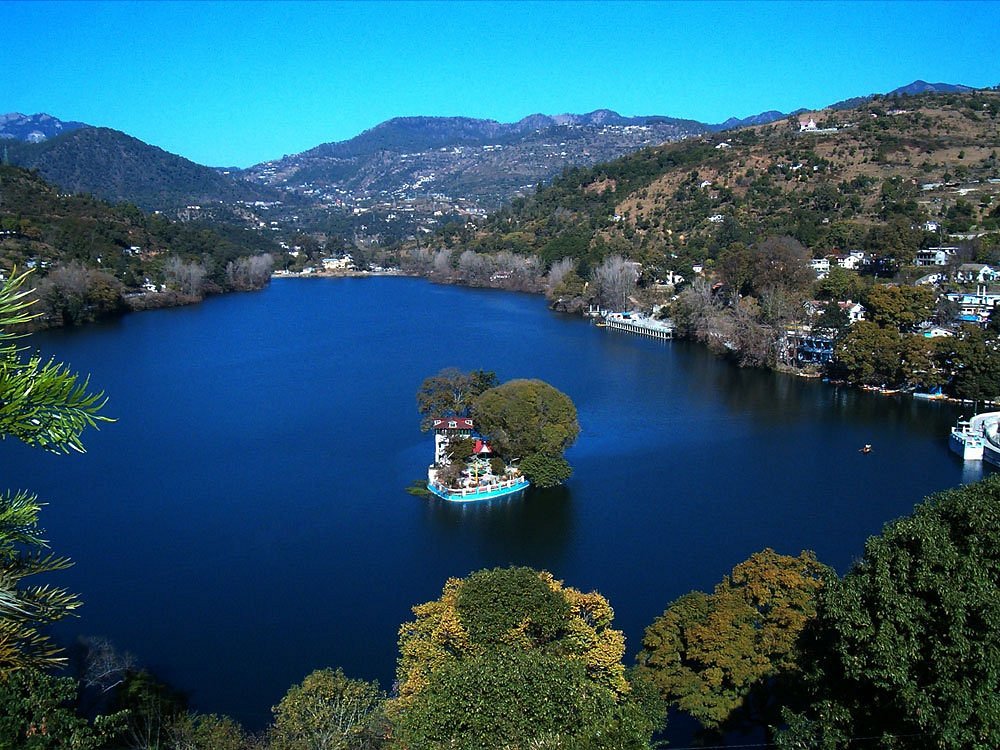Canadian Prime Minister Justin Trudeau announced his resignation on Monday night, ending a tenure that began in 2015. While Trudeau initially garnered praise for progressive policies, recent challenges such as rising food and housing costs and immigration concerns have diminished his popularity. A recent survey indicated that 73% of Canadians and 43% of Liberal voters supported his resignation. Trudeau’s decision follows the withdrawal of support from the New Democratic Party (NDP). He stated that he would remain in office until a new Prime Minister is chosen.
What’s Next for the Liberal Party?
The Liberal Party now faces two potential paths:
- Request early elections from the Governor General.
- Appoint an interim Prime Minister and begin the process of selecting a new permanent leader.
If the second option is chosen, the party must organize a special convention where members vote for a new leader. This process could be lengthy, especially if multiple candidates contest for leadership.
Given the possibility of early elections, the Liberal Party may opt for a shortened convention timeline. However, such a decision could spark internal dissent and controversy within the party ranks.



